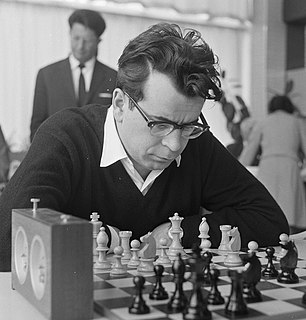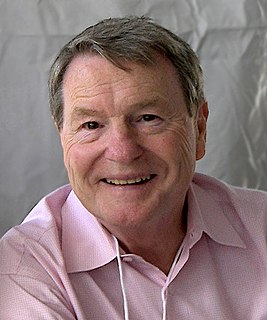A Quote by Margaret Groos
If you haven't done your mental homework in training, you don't have anything to fall back on when you face.
Related Quotes
Growing up in the social media world, it's tough. Your face changes, you get older, your face fills out, and you fall into liking makeup and different stuff like that. And for people saying that, for the most part - it would kind of hurt my feelings when you haven't done anything. You just kind of have to keep being yourself and move forward with what you love.
My feeling about young people who want to pursue a career is - the first thing is do your homework on where it all started. Go back and look at history. Look at why the shows you are loving today happened and the artists you are listening to happened. And do your homework on history. Whether it's musical movies, musical plays, Broadway musical recordings - do your homework! And then, that way you will have an understanding of why, now, certain movies, certain plays, certain musicals are making some sort of sense.
My mother taught me this trick: if you repeat something over and over again it loses its meaning, for example homework homework homework homework homework homework homework homework homework, see? Nothing. Our existence she said is the same way. You watch the sunset too often it just becomes 6 pm you make the same mistake over and over you stop calling it a mistake. If you just wake up wake up wake up wake up wake up wake up one day you'll forget why.
In tonglen practice, when we see or feel suffering, we ?breathe in with the notion of completely feeling it, accepting it, and owning it. Then we breathe out, radiating compassion, lovingkindness, freshness - anything that encourages relaxation and openness.? So you're training in softening, rather than tightening, your heart. In this practice, it's not uncommon to find yourself blocked, because you come face to face with your own fear, resistance, or whatever your personal "stuckness" happens to be at that moment.
I think the mental preparation isn't something that you can work on in one large sum. It has to be a collective collaboration of doing little things for your mental state constantly throughout the prep and managing your life outside the Octagon, managing your life in transit to the Octagon, managing your life once you get to training.































